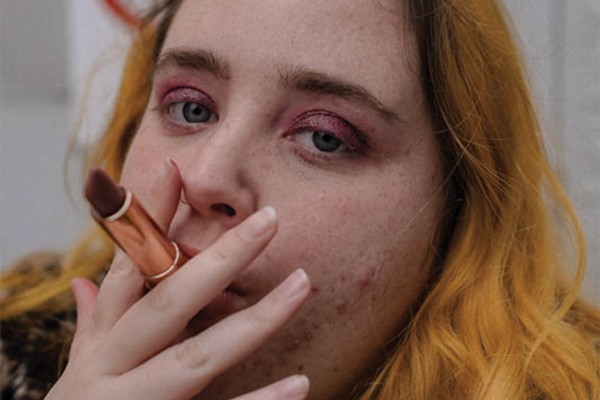Content warning: sexual violence.
I hate the way I have to write about sexual violence.
It sucks because the legal process that comes with proving that sexual violence occured is difficult, so few survivors pursue legal action. For the fewer survivors that approach the media with their stories - in the name of warning others, getting justice, or otherwise - they have to see their stories brushed with a thick coat of anti-defamation paint, obscuring some of the most powerful, but legally risky, aspects of their experiences.
The burden of proof is always on the survivor. Journalists don’t say it out loud, but they have to assume that survivors that come forward are lying. Assuming they are lying is the only way to keep yourself, as a reporter, sane, and the only way for reporters to resist putting in information that might in any way give hints as to who the perpetrator may be. Especially if they are considered popular or powerful in their communities, like many of the claims in the Dunedin Fire and Circus Club’s survey (see our lead news story) alleged.
See, I even have to do it in this editorial. Count the amount of times we use the word ‘alleged’ and ‘claimed’ in our news story and you’ll know how often my skin crawled.
Making sure that a story about sexual violence doesn’t in any way identify a person who may not, in fact, be a perpetrator, is important, but it also chills me to my core that the default has to be disbelief. My background is in sexual violence advocacy; I don’t want to be in a position where I can’t just take survivors’ words for it. It feels wrong, but it would be wrong-er to ruin someone’s life because someone claimed they were an abuser when they weren’t.
That being said, there is one thing that going to the media offers: a chance to save people from encountering perpetrators, too. Especially when these potential victims are young women, and potentially students.
There is a real privilege of being the student magazine of a student union, and the editor of that magazine. A risk averse publication might avoid unverified stories of sexual abuse with a ten foot pole. So long as I am the gatekeeper of what is acceptable and unacceptable risks that Critic takes, I’ll take the risk that might save students, every single time.







